Interview: Author Bryan Furuness on 'The Lost Episodes of Revie Bryson'
|
|||||||||||||||||
|
The scholar John Rodden calls the literary interview a “fully-fledged genre.” I used to be skeptical, but after assigning my students at The College of Saint Rose to speak with an author, I’m more inclined to think the literary interview qualifies as a distinct form of performance. I put out a call on Facebook and Twitter: Would you speak to a college student about your book? I asked. Sure, they said. Review copies were sent, students selected authors, read and researched their work, and asked questions. - Daniel Nester, Contributing Word Editor |
AUTHOR BRYAN FURUNESS ON HIS BOOK, ‘THE LOST EPISODES OF REVIE BRYSON’
|
||||
BY STEPHANIE CLOWE |
Bryan Furuness’s The Lost Episodes of Revie Bryson is a wickedly funny coming-of-age story of a boy who is thrown into an adult world. Furuness has been published in Ninth Letter, Southeast Review, and Barrelhouse, to name a few. He teaches at Butler University in Indianapolis, where he lives with his wife and two sons. Over email, Furuness talked with me about his life as a man of faith, as a father, and as a husband. CLOWE: The main character, Revie Bryson, is a boy who thinks he is the second coming of Christ. Do you think of yourself as a religious man? Did you go to church when you were growing up? FURUNESS: Yeah, I was a religious kid. That might sound like the preamble to a horror story about fundamentalist summer camp, but the truth is that my church was friendly and sensible and kooky in good ways. A rooster named Floyd roamed the grounds, and the pastor was an all-time storyteller. Unlike the boy in my book, I didn’t go so far as to think that I might be the second coming of Christ, but my faith was anxious and apocalyptic. Sometimes I worried that the Rapture would happen when I was in the bathroom, and I would come out to find my friends all gone, the swings sailing empty in the breeze, cars stranded all over the road, etc. Why I thought God wouldn’t look for me in the bathroom, I have no idea. But I was pretty sure you weren’t eligible to be whisked up to heaven if your pants were around your ankles. Am I still a religious man? Here’s a little story. A couple of years ago, when my sons were around six and seven years old, I was marveling to my wife how fun it was to talk to the boys in the car. “I mean, I’ve always liked talking to them,” I told her, “but lately, the conversations have been amazing. It’s like we’re on the same wavelength or something.” She wasn’t surprised. “The three of you all like to talk about the same things,” she said. “God, death, and poop.” So I’d like to think that I’m not as anxious and silly as I was a kid, but apparently my obsessions haven’t changed. CLOWE: It’s great that you are close with your sons. Do you think they’ll take after you and become writers? FURUNESS: My hope is that my boys grow up to be readers. That’s really important to me. Being a reader makes you better at being a person. More empathetic, more imaginative, and frankly, more interesting. If they want to write someday, that’s fine. I won’t pressure them into it, but I won’t dissuade them, either. After living with me, at least they wouldn’t have a lot of silly romantic ideas about Being a Writer that seem to plague a lot of young dudes (and I’m including the young me in that bunch, with my daydreams of my older, mustachioed self, gazing out of the broad window of my mountaintop lair for vast, uninterrupted periods of time, which I spent mainly smoking thin cigarettes and drinking grappa while wearing various blousy, open-collared silk shirts, waiting for inspiration to strike, at which point I would fall upon the typewriter in a single, sustained fit of brilliance, producing Another Masterpiece in a single draft that would make my lifelong editor sigh and say, “Well, it might be a mess, but I have never beheld a more beautiful mess,” before fixing the manuscript without bothering me any further, so that he could deliver this hardcover bonbon to my waiting army of fawning reviewers and devoted readers tout de suite). At least my sons know that a writer is a person who writes. Who struggles to make time for writing, and to protect that time. That writing is hard work, and that you better enjoy that work, because, for most of us, there are few rewards outside of the work itself. And that a grown man looks ridiculous in a silk shirt, even if it’s not covered with grappa stains. CLOWE: I’m interested in the structure of your book. Why did you have Rosalyn’s lost bible stories throughout the novel as opposed to a collection? FURUNESS: Rosalyn’s got the best voice in the book, so I wanted to open up more spaces for her. It’s also a matter of structure. I’ve always loved to read, but I’m also a great lover of television, and the structure of the book is informed as much by TV as it is by novels. The novel’s episodic, so the chapters are kind of like shows in a season. Rosalyn’s stories, which appear between sections, function a little like commercials. Instead of selling stuff, though, they provide a break in the action while forecasting the Big Concerns of the next section. CLOWE: How long did your novel take to write? FURUNESS: I worked on the Lost Episodes for about a decade. During that time it went from a handful of stories to a novel-in-stories to a novel-novel. All together, over twenty drafts. That sounds kind of overwhelming. I’m drafting a new novel right now, and that calculation made me think, what if this sucker takes seventeen more drafts? What if I’ve got seven more years to go? And what if this book doesn’t find a publisher? Those thoughts don’t help me. I don’t do well when I lift my eyes to look at the top of the mountain I’m trying to ascend. I’m happier and steadier when I keep my head down, focusing on the steps I’m going to take that day. Reminding myself that I like mountains, and I’m on this one by choice. Being thankful for the chance to take a few steps. And, most of the time, enjoying the climb. CLOWE: What was the publishing process like for the Lost Episodes? Did you work with an agent? FURUNESS: After I published a story called “Man of Steel” in Ninth Letter, an agent named Erin Harris reached out to me, asking the questions that agents ask: “Do you have a novel?” I did. At that point I had worked on the book for about seven or eight years, and it was (I thought) good and polished. She liked it, but she told me she had some ideas for revision before taking the book out to market. I knew she was the agent for me when she invested a year of her time to take me through two rounds of structural revision. She’s a tremendous editor and a brilliant reader; I learned so much about writing a novel that I still think of that year as my second MFA. When she took the book out to market, the rejections hit me harder than I’d expected. As a guy who’d spent the last decade selling insurance and submitting stories to lit mags, I ate more rejection before breakfast than most people experienced in a year. But each rejection of my book—that was ten years of work, man—was like a body blow. I don’t know how many rejections I got, or how long it took, exactly, but I do remember coming home from the Y one day to find my wife in the parking lot, holding the phone in the air like it was the Olympic torch. The publisher of Black Lawrence Press had just called; they wanted my book. I’d just missed the call that I had fantasized about for years, but that was all right. I wouldn’t trade that image of my wife for anything. CLOWE: You dedicated the book to your wife. How did she influence your novel? FURUNESS: She made it possible. Years ago, my wife and I went to a wedding at a Unitarian church. The first part of the service was so vague and carefully non-offensive—referring to “a higher energy” and such—that it felt like a Saturday Night Live skit about political correctness. So when the minister got up to speak, I’m ashamed to admit that I was already smirking. But what she said was not only a great sermon; it was also the best marriage advice I’ve ever heard. My wife made it possible for me to go to grad school, and to sneak away on weekend mornings and write at the coffee shop. I encouraged her to go for her Ph.D. in education, and I worked in sales to put her through school. I take a strange pride in her degree and her career. She did the work—I’m not trying to take credit for any of that—but I’m proud that I helped create the conditions for it to happen. In the same way, I hope she’s proud of the book: without her, it never would have happened. |
||||
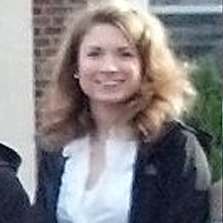 |
|||||
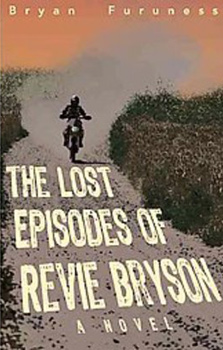 |
|||||
| Visit Bryan Furuness… | |||||









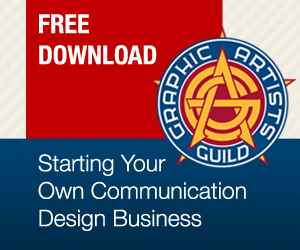
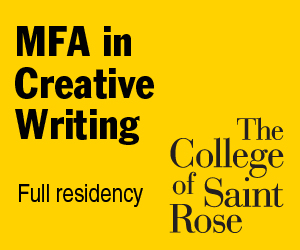
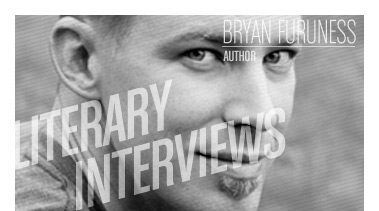
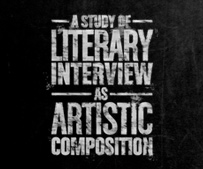














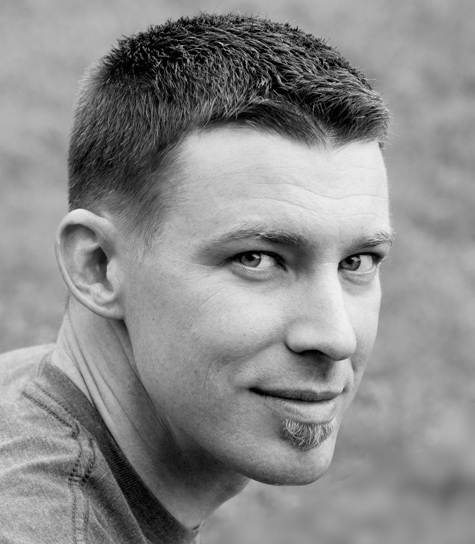
 Stated
Stated
Reader Comments